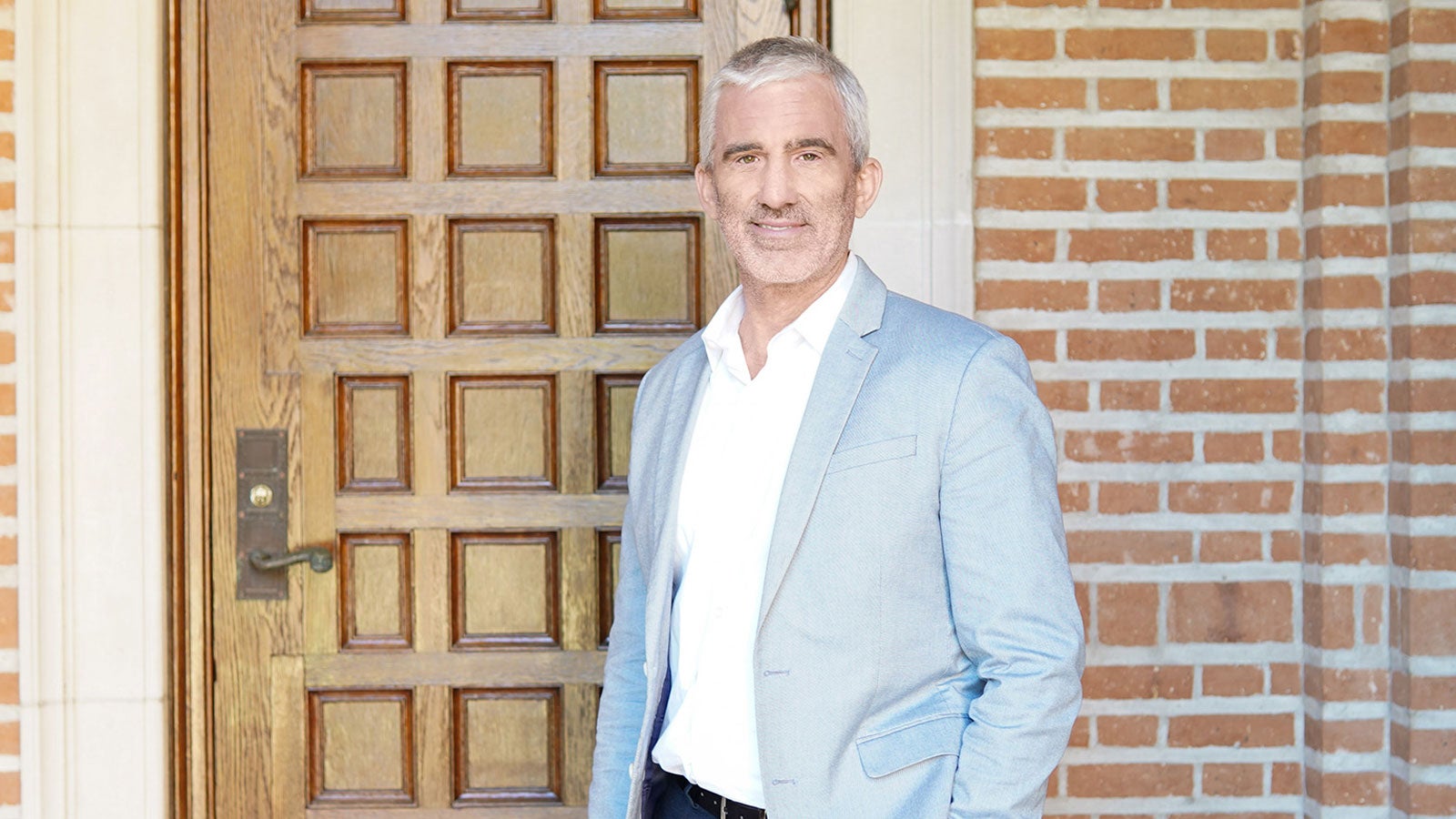Future 6G and Wi-Fi wireless networks will feature larger bandwidth and smaller wavelength, and are expected to support higher data rates and sensing resolution.
Accompanying that boost in capacity will be new networking challenges and security threats. To counter those risks and design the next-generation network, Edward Knightly, Sheafor-Lindsay Professor of Electrical and Computer Engineering at Rice, has been awarded a $1.8 million grant from the U.S. Army Research Office.
“A malicious attacker can exploit advances in millimeter-wave to sub-terahertz metasurfaces to launch ‘metasurface-in-the-middle’ attacks to intercept pencil-beam directional links with an almost imperceptible trace,” Knightly said, adding, “This could be accomplished in a few minutes with paper, an inkjet printer, a metallic foil transfer and a laminator.”
Metasurfaces are thin sheets of material with patterned designs that can manipulate light or electromagnetic waves.
Knightly coined the phrase “metasurface-in-the middle” as a variation on the computer security industry term “man-in-the-middle,” referring to attacks in which an adversary secretly inserts itself between two parties.
“Millimeter-wave frequencies and metasurfaces are new technologies,” Knightly said, “that can be used to advance communication, but we always have to ask, what if the adversary has this technology? What new capabilities will it give them? How can we realize a secure network against a strong adversary?”
Now that wireless researchers and equipment manufacturers know about the potential for attack, he said, they can further study it, develop detection systems and build them into next-generation networks.
In addition, Knightly’s project will utilize metasurfaces to realize new networking capabilities. “We are designing metasurfaces to manipulate wave fronts in new ways, including curving directional beams around obstacles,” he said.
“This new network capability will ensure reliable communication in scenarios where high-speed links would otherwise be blocked,” Knightly said.

